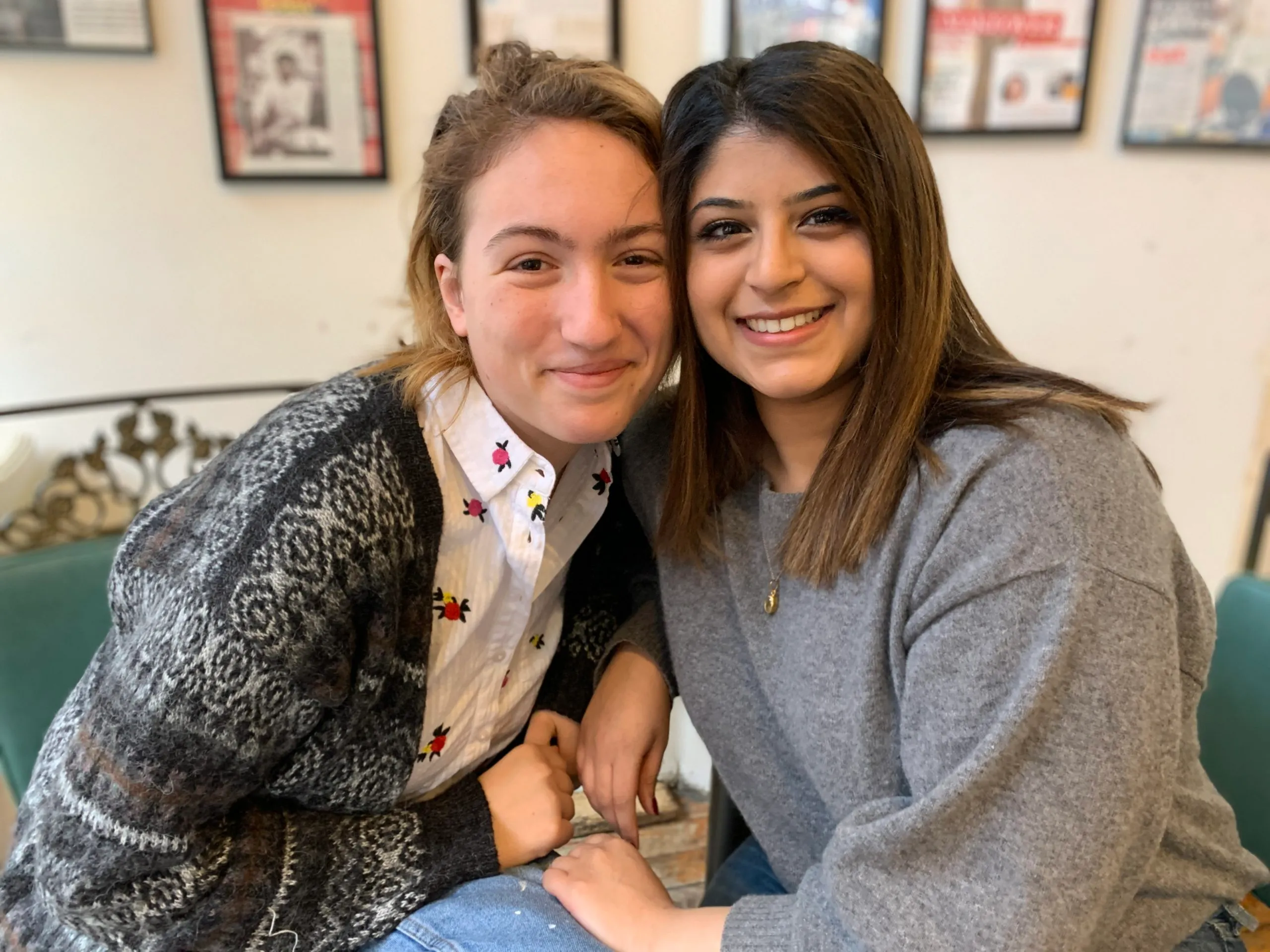Involvement in politics from a young age led Hannah Zimmerman ’21 to confront the lack of civic education available to youth globally. Zimmerman, who is the youngest appointee to the Democratic National Convention and New York’s youngest elected official, wanted to take action. Last year she joined Uma Kalkar and decided to start The Institute for Civic Organization (TICO), a non-profit that creates curricula for civic organizing.
Zimmerman said the project was inspired by her time at Stanford, specifically by comparative studies in race and ethnicity, political science and public policy courses.
“The most rewarding part of my Stanford experience was the time I spent teaching and TA-ing,” Zimmerman said. “A part of that was that all of the classes that I taught focused on some form of political organizing.”
Zimmerman has also worked on political organizing through advising Germany’s Social Democratic Party on how to reach people through grassroots mobilization strategies.
“I kept coming back to the curriculum I used at Stanford when working with the Social Democrats, and thinking that this was how we reach young people,” Zimmerman said.
Wanting all young people to benefit from this civic education, Zimmerman decided she wanted to adapt and standardize the curriculum she had taught to reach broader audiences.
“I wanted to create something so people can learn how to make change happen and ask themselves what that change looks like while looking at real world examples,” Zimmerman said.
Zimmerman’s ideas came to fruition when she received a fellowship from the Center for the Study of the Presidency and Congress. At a conference for the program, Zimmerman met Kalkar and Maya Ungar, who were also interested in teaching others about civic engagement and community organizing. Kalkar, a recent graduate of the University of Toronto, said she had experience with curriculum design and was excited to draw upon the intersection of education and activism.
“There has been a big surge in the prevalence of movements recently, but what we found was that there was no real formal education on how to organize, how to be effective leaders, how to fundraise, how to start your own organization or how to crowdsource funds,” Kalkar said. “And we wanted to inspire our youth who want to do something but don’t have the tools at their fingertips.”
Ungar, a student at the University of Arkansas and TICO’s fundraising director, said she also saw the need for civic engagement education in her own community.
“For me, living in the South, I feel like teen organizing and activism tends to be stunted, and there’s not a lot of resources for students to get started,” she said. “If I had had a teacher or curriculum to advise me, it would have been really game changing.”
Ensuring the curriculum could work across different regions was a priority, according to Kalkar.
“Our lesson plans are stand-alone,” Kalkar said. “If there is a rigid curriculum that teachers are expected to follow, they can still pull from individual lesson plans and incorporate them into their courses.”
Zimmerman, however, pointed out that activism also has universal commonalities.
“There isn’t that much of a difference as one would think when it comes to countries, because the building blocks of movements and human experience when it comes to wanting to make change is universal,” Zimmerman said. She described TICO’s goal as “going from the U.S. all the way to the U.N.”
Within a few months of the conference, the team created over 180 lesson plans, Ungar said. Lesson plans range from “effective communication” to “barriers to mobilization: socioeconomic considerations” and also teach students about the history of advocacy movements.
Zimmerman said TICO would not only benefit people who want to be activists.
“Organizing skills can be applied in so many avenues of life,” she said.
The platform will be available both as a hard copy and an e-book, Kalkar said. She told The Daily that she was in the process of negotiating with publishers and working on the website.
TICO will officially launch in March at the organization’s first fundraiser in New York. Later in the Spring, the platform will run its pilot program for 20 schools on the East Coast and participate in an international curriculum exchange with programs in Australia and Germany, according to Zimmerman.
According to TICO’s executive summary, TICO’s long-term goals include partnering with the United Nations University and UNESCO to bring TICO to international audiences and building a community of educators passionate about grassroots activism.
Kalkar, referring to TICO’s mission statement, described the organization’s overall aim as “using knowledge mobilization to champion political freedoms.”
Zimmerman encouraged Stanford alumni to consider donating to the project and expressed hope that students would volunteer with the organization.
“Our real long-term goal would be to have sort of substantial impact on the way civics is taught in the U.S.,” Zimmerman said. “It sometimes feels like civics education is seen as optional or not as important as other subjects, and it is. If you understand civics, you understand how to be a proper citizen.”
Contact Sarina Deb at sdeb7 ‘at’ stanford.edu.
